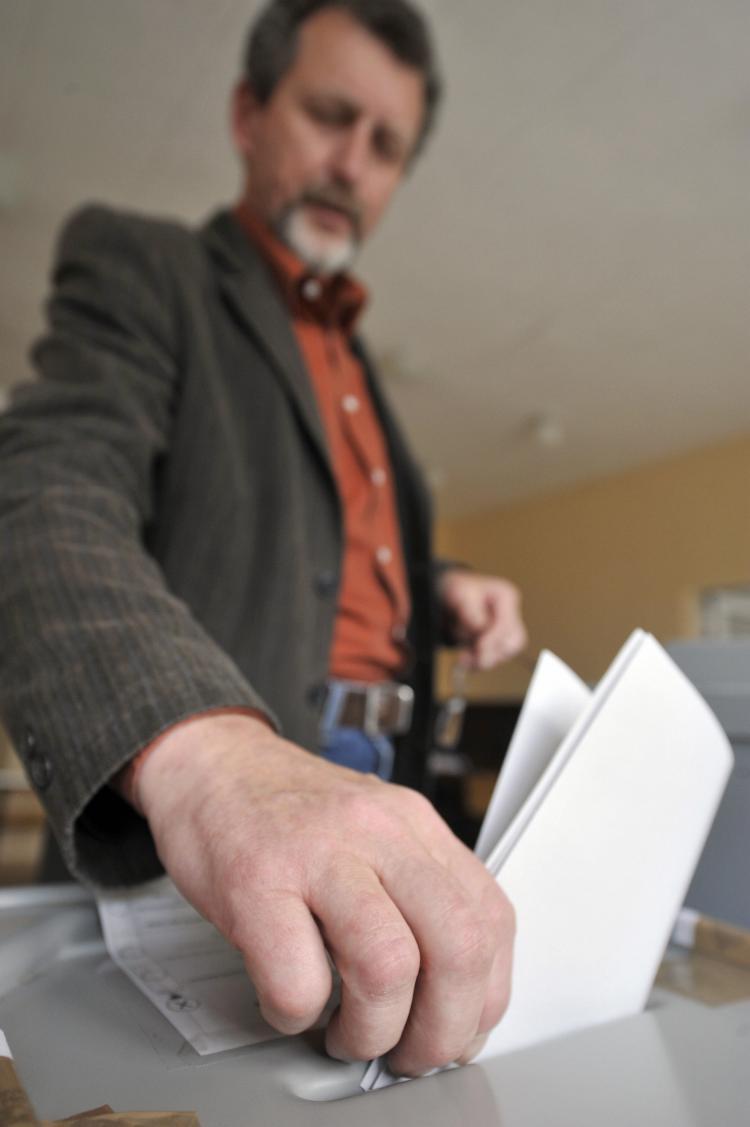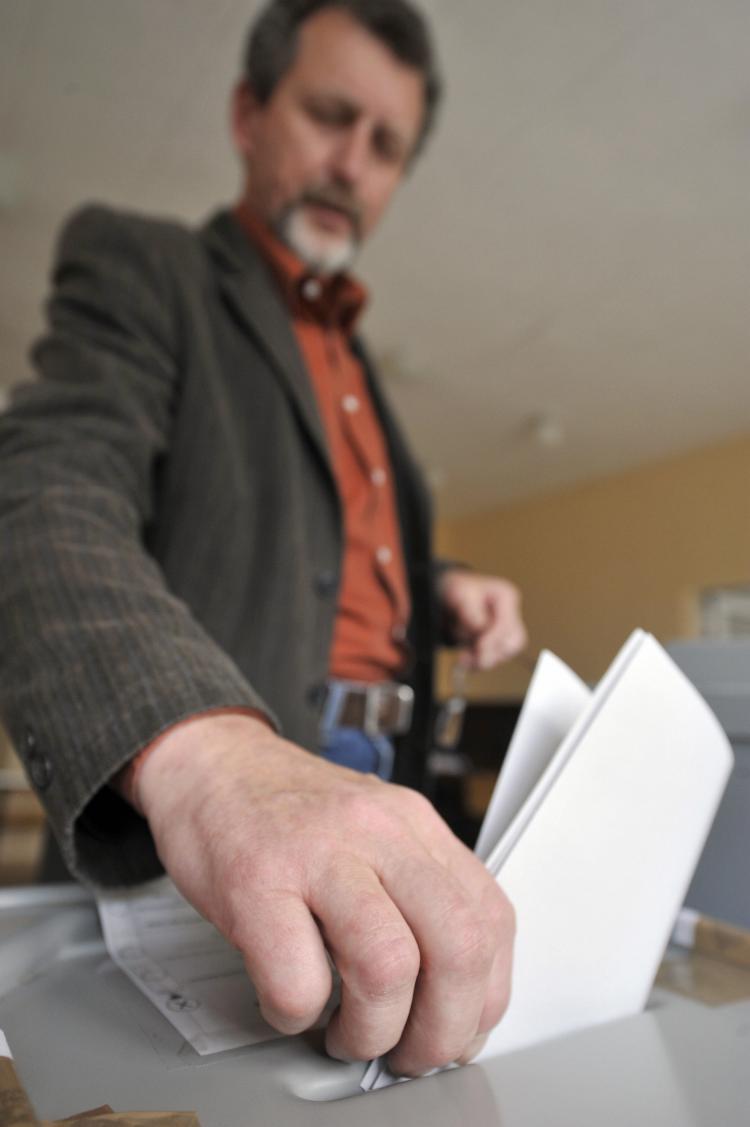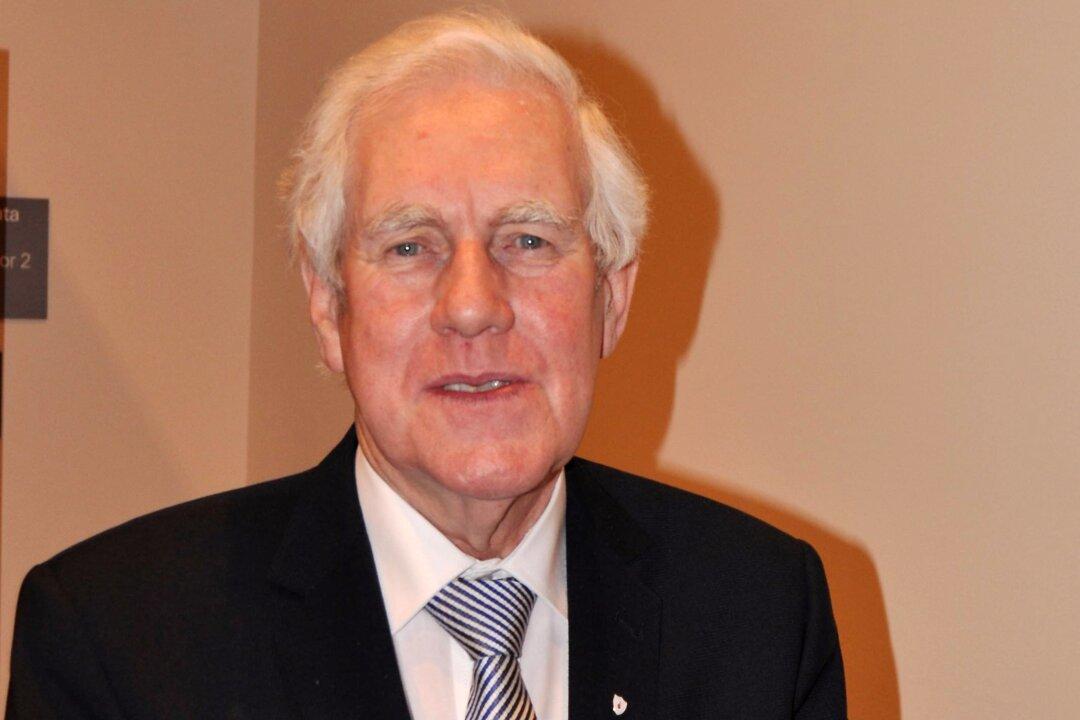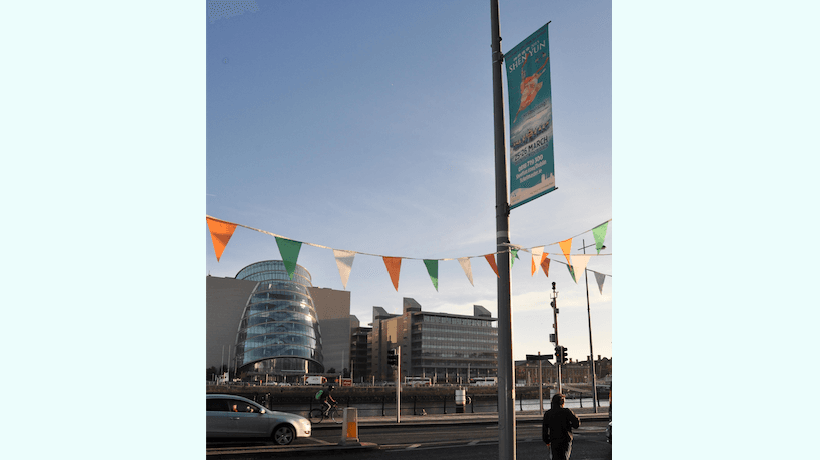However, the banking model has been turned on its head in recent times. The Epoch Times contacted Professor Neil Collins, Department of Government, University College Cork, to find out if the same applies to voting habits.
When it comes to who we vote for there is normally a convention; however, according to Professor Collins, the election on the horizon is “a most unusual election.”
“People don’t change their vote much … if someone has voted between the age of 18 and 21, the likelihood is that they will always vote in the same direction for the rest of their lives,” says Professor Collins.
There is, however, an exception to this norm, which is that during times of crisis, the electorate may change their voting direction.
“In a crisis that all changes … if the election is dramatic enough then you can see big changes, and it looks like we are going to be coming on one of those occasions … a most unusual election.”
“Despite the fact that the rhetoric is about conflict, competition etc. the major characteristic is continuity: most incumbents get re-elected, but once in a while there is a big shifting election and this looks like being one of those,” said Professor Collins.
The electorate, according to Professor Collins, may consider “changing the habits of a lifetime.”
The politicians
The electorate can only vote for those who run for election, and the majority of parties will, of course, only put forward candidates which they think will win.
Professor Collins pointed out that when a party chooses a person to stand in an election, they are not necessarily concerned with what qualifications the candidate has: the main criteria they are concerned about is whether they can win the seat for the party. “To be able to speak well and have a lot of name recognition - these are much more important things than saying you have a professional qualification in law, accounting or other academic profession.”
Professor Collins explained that our current set of TD’s are “disproportionately male, middle class and from the ’talking professions’.”
“If you are not able to stand up, make speeches, and talk, you are unlikely to want to become a politician,” said Professor Collins.
This is perhaps one reason why many of our politicians are from teaching and legal backgrounds. “Teaching and the legal profession often do well in politics because these people are well known in their communities,” said Professor Collins.
Continued on the next page...
Another characteristic of politicians in Ireland is that a lot have a political history in their families, with fathers, mothers, brothers, sisters and cousins that are involved in politics.
“They come to politics with the advantage of having some experience, they know what the demands are,” says Professor Collins.
Will your TD be able to represent you if he is not in government?
The majority of TD’s won’t be in government after the election, but they may be supporting the party from the backbenches, because there are only 15 cabinet posts and approximately the same number of junior ministries.
“So even in the governing party, a minority of people are actually involved, day to day, in governing.”
Most TD’s fill their days doing constituency type work, acting as agents for their local constituents. Politicians who are not in government may perhaps have more time to relay your requests; however, Professor Collins believes that if a TD is in government and is writing to a party member in the cabinet and they are saying ‘dear colleague can you help me on this problem, the likelihood is the minister would be more likely to attend to their issues.”
With respect to representation, Professor Collins says that who you vote for and the representation you get are not linked, because “TD’s don’t ask the people they represent, who they voted for … it seems illogical: you would think that if you were a TD, you would put your efforts into helping the people who voted for you, but in-fact you don’t actually know who voted for you”.
“It seems to be just a condition of the job: people present with a problem and if you can do something you will try and do it, but the calculation that this transaction between me and this person is going to get me a vote isn’t made.” But what is made, says Professor Collins, is a reputation for being able to instigate change.
“If you get a reputation of (being) someone who can do something, now that is very valuable,” said Professor Collins.
Interview politicians on your door step
Eileen Moloney, head of marketing for the Brightwater Group recruitment specialists, recommends that when politicians call to your door canvassing for your vote, the best approach is to treat the situation like an appraisal.
“You have to remain calm at all times.” Ms Moloney believes that this way you can get your queries answered, and the politician won’t be thinking “that person gave me a right ear-bashing - I won’t take any notice of what they say.”
“You have to be calm and focus on maybe three points and get them across to the politician, and ask them, very reasonably, for answers … just say at the beginning: ‘I have three issues that I would like your thoughts on?’”
This approach will ensure that you get their opinion on issues that concern you and will also give an insight into their character.
“You have to prepare questions, if you have at least one local and one national issue.” Ms Moloney says you can find out what that politician would do with a local and a national issue of concern to you personally.
“Rather than throwing lots and lots of points to anyone calling to your door, have a couple of points and be very calm … ask them what they think of that particular issue and what they can do,” said Ms Moloney.






